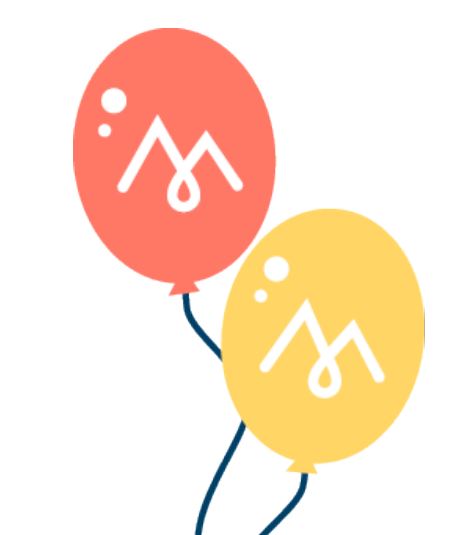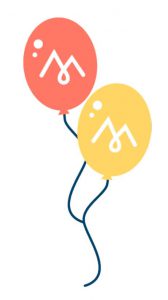 A year ago, as we adjusted to a flurry of Zoom calls and working from home in June 2020, we launched our new name: MakeWay.
A year ago, as we adjusted to a flurry of Zoom calls and working from home in June 2020, we launched our new name: MakeWay.
While we couldn’t have the dance party we had originally envisioned, the new name has offered focus during a difficult year, and a clear call to action for us all to work together to make way for what’s possible. Today, we’re shining a light on 10 ways we’ve been able to support community-led transformation and systems change as MakeWay, and the partnerships that made this possible over the last year.
- MakeWay and the Canadian Women’s Foundation launched a new strategic grantmaking program in service of women and girls in Canada’s territories and Inuit regions. So far the partnership has supported young girls and teens in Rankin Inlet through the Akpaliapik program as well as equitable access to birthing supports in Yellowknife through the Northern Birthwork Collective.
- We welcomed our first Director, National Programming and first Indigenous Director, Nicole McDonald. As well as two new Board members, Leslie Campbell and Maxine Ifill. And we renewed our commitment to foster a workplace that celebrates, welcomes, and is led by diversity.
- The Marine Plan Partnership for the North Pacific Coast (MaPP) a project on the MakeWay shared platform, won the inaugural BC Reconciliation Award, recognizing their exceptional leadership, integrity, respect, and commitment to furthering Reconciliation with Indigenous peoples.
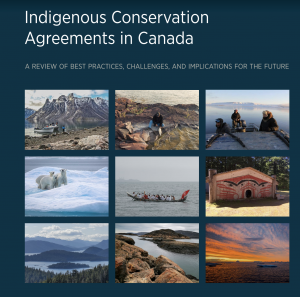
- We released a new report on Indigenous Conservation Agreements – available in English and Inuktitut – that scans six successful conservation agreements to identify best practices, including maintaining harvesting rights, creating opportunities for self-determination, developing a long-term, relationship-based approach, and more.
- We welcomed a total of 9 new social and environmental initiatives onto the shared platform, including The Northern Birthwork Collective, ENRICH Project, BE Initiative, and Round River Canada.
- Remote communities responded with creative and thoughtful solutions to protect community members’ health, food supply, and the well-being of Elders in the face of Covid-19. Thanks to contributions from MakeWay advised funds and external partner funders, we quickly mobilized $240,000 to remote community initiatives during the first few months of the pandemic.
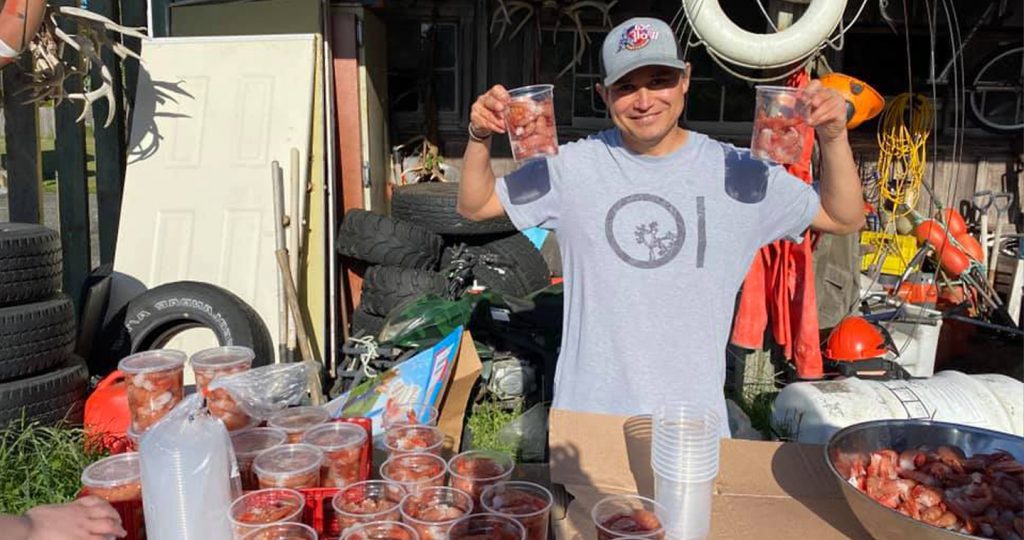
K’odi Nelson, Nawalakw Program Director, helps distribute hundreds of pounds of prawns to community members of Alert Bay. Photo: Alisha Souch
- Together with two new shared platform project directors Ingrid Waldron and Naolo Charles, MakeWay is supporting a National Coalition Against Environmental Racism to address the fact that across this country communities of colour are far more likely to experience the health impacts of toxic dumps, polluting industries, tainted water, and climate change.
- The strong vision and perseverance of the Tahltan Nation over the last 20 years resulted in a new conservancy agreement which will protect 3,500 hectares of Tahltan land adjacent to Mt Edziza Provincial Park in Northwest British Columbia. MakeWay is privileged to have supported this work by providing funding while convening and stewarding relationships between funders and the Tahltan Central Government.
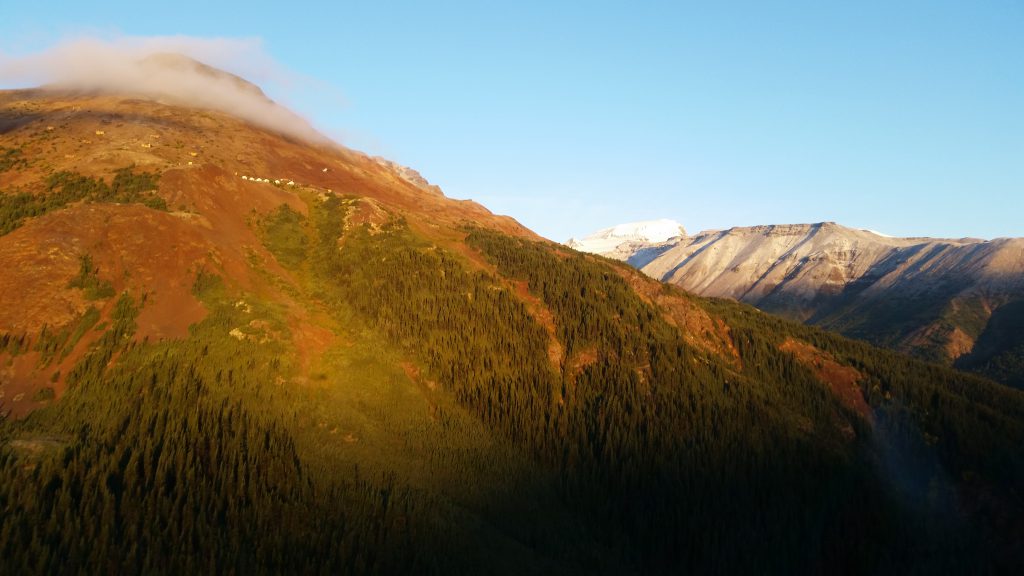
- MakeWay and Community Knowledge Exchange partnered to invest in Cohort X, a co-evolutionary program that creates and holds space for six leaders and their communities as they explore the intersections of gender and climate justice.
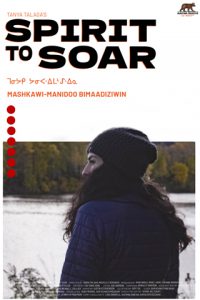
- Award-winning investigative journalist Tanya Talaga opened Mashkawi-manidoo bimaadiziwin – Spirit to Soar Fund at MakeWay during the world premiere of her remarkable documentary at Hot Docs. The fund will support Indigenous youth in and around Thunder Bay to have a voice in the city and support cultural programs that offer teachings and connect with language, family, tradition, and Elders.
